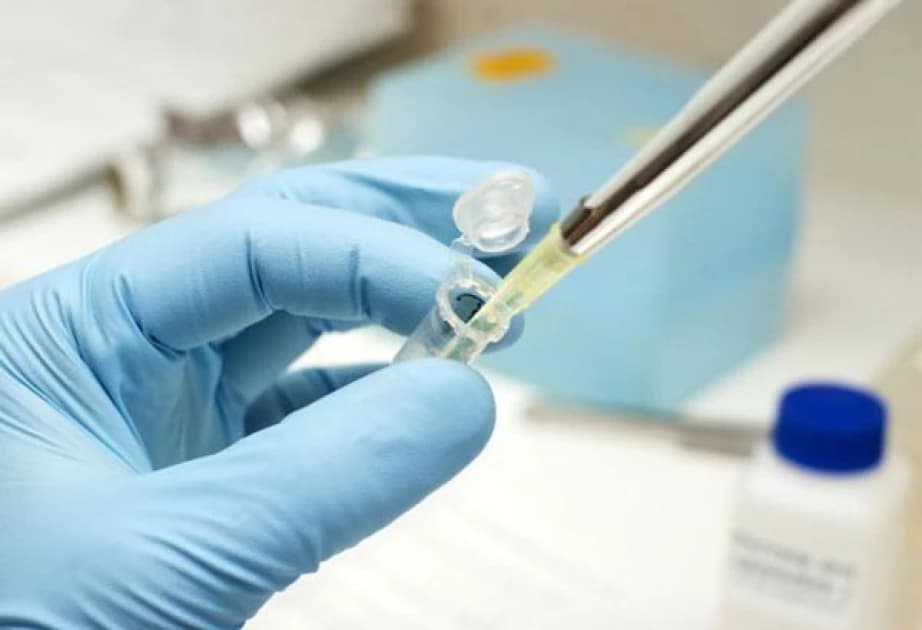We're loading the full news article for you. This includes the article content, images, author information, and related articles.
Kenya’s BioVax Institute, backed by a US$62 million World Bank package, will begin trials by 2027 on locally made pneumonia and typhoid vaccines, aiming to cut reliance on imports and align with Africa’s push for regional vaccine manufacturing.

Nairobi, Kenya – In a significant leap toward self-reliant healthcare, Kenya BioVax Institute is preparing to launch trials for the nation’s first locally manufactured vaccines within the next two years. The initiative is backed by a KSh 8 billion (US$62 million) World Bank package. The move aims to improve access to vital immunizations for children and reduce dependence on international suppliers.
Trials for three vaccines—aimed at protecting children against pneumonia and typhoid—are expected to begin by 2027.
Kenya currently depends heavily on donors for vaccines; over 80% of the KSh 15 billion spent annually is donor-funded—a figure that is expected to decline as the country advances toward middle-income status and shifts funding priorities.
Kenya BioVax recently submitted a feasibility study for a “smart vaccine manufacturing” facility. The study was prepared by the Kenya Vaccine Consortium, which includes notable partners such as AtkinsRéalis, SK Bioscience, and the International Vaccine Institute (IVI).
The feasibility report outlines the need for modern manufacturing infrastructure, strengthened regulatory and pharmacovigilance standards, and alignment with global best practices.
The initiative aligns with Africa’s New Public Health Order, which stresses local production capacity in partnership with the Africa CDC and the African Union.
Establishing vaccine manufacturing capabilities will bolster Kenya’s health security, lower costs, and position the country strategically within Africa’s vaccine ecosystem.
The Africa CDC estimates the continent’s vaccine market could grow to USD 2.4–5.6 billion by 2030, but Africa still imports up to 98% of its vaccines—making Kenya’s venture both timely and critical.
|
Aspect |
Details |
|---|---|
|
Funding |
KSh 8 billion (~US$62 million) from the World Bank |
|
Targeted Vaccines |
Pneumonia and typhoid vaccines—three in total, for child immunisation |
|
Trial Timeline |
Set to begin by 2027 |
|
Supporting Study |
Feasibility study for a smart manufacturing facility completed |
|
Key Partners |
Kenya Vaccine Consortium including AtkinsRéalis, SK Bioscience, IVI |
|
Strategic Goals |
Reduce donor dependency, enhance health security, access African vaccine market |
Keep the conversation in one place—threads here stay linked to the story and in the forums.
Sign in to start a discussion
Start a conversation about this story and keep it linked here.
Other hot threads
E-sports and Gaming Community in Kenya
Active 9 months ago
The Role of Technology in Modern Agriculture (AgriTech)
Active 9 months ago
Popular Recreational Activities Across Counties
Active 9 months ago
Investing in Youth Sports Development Programs
Active 9 months ago